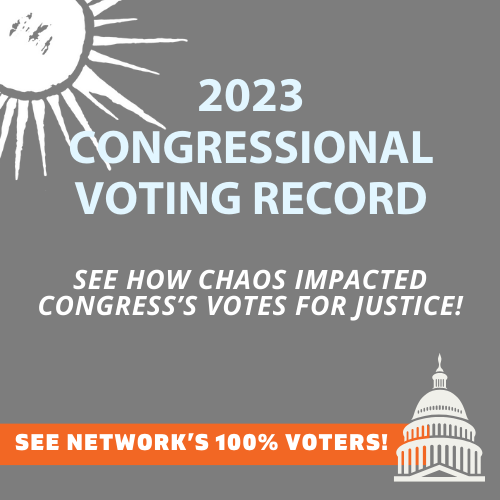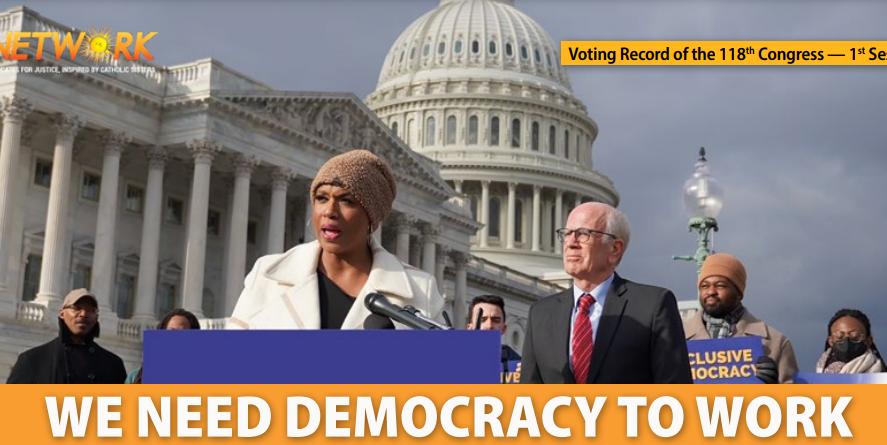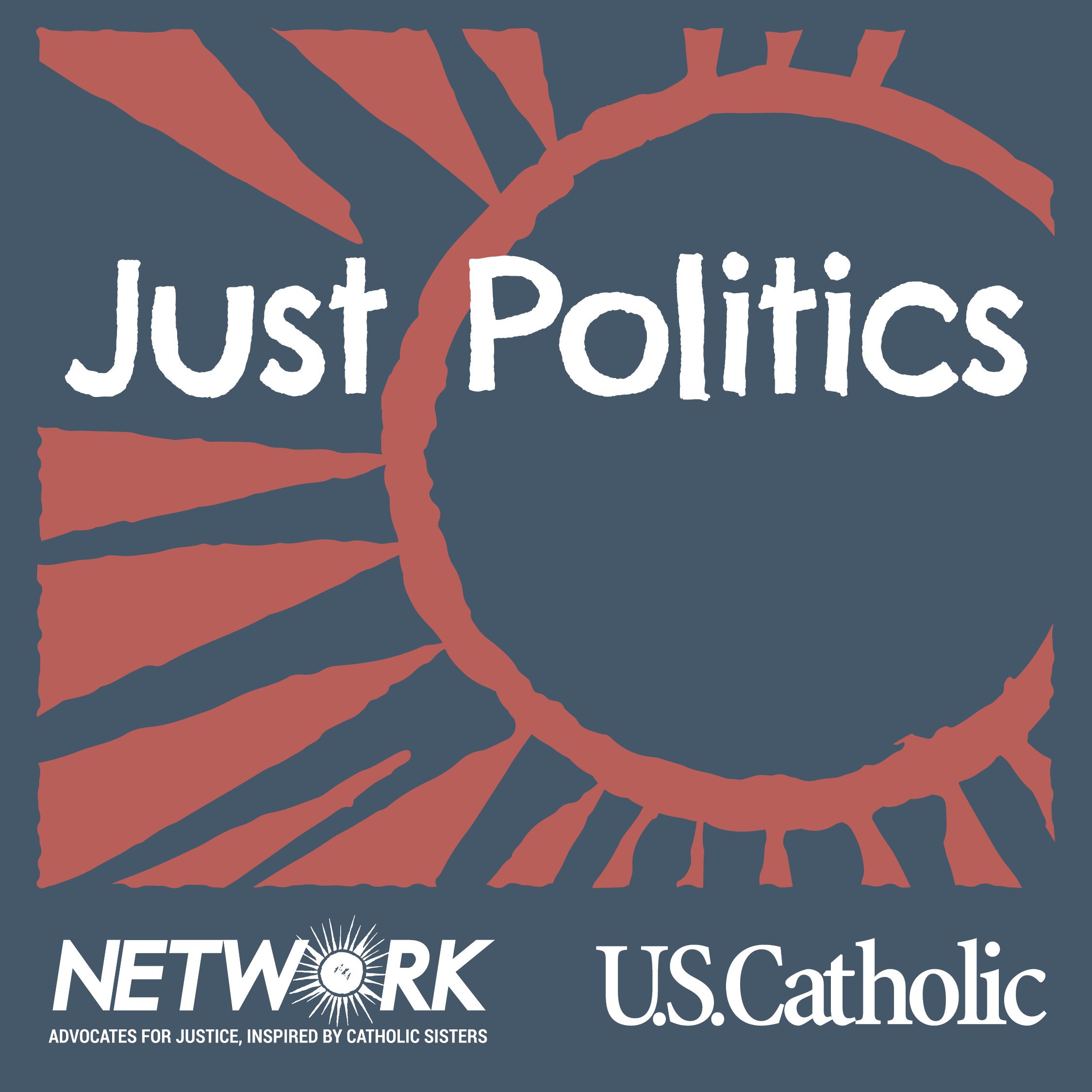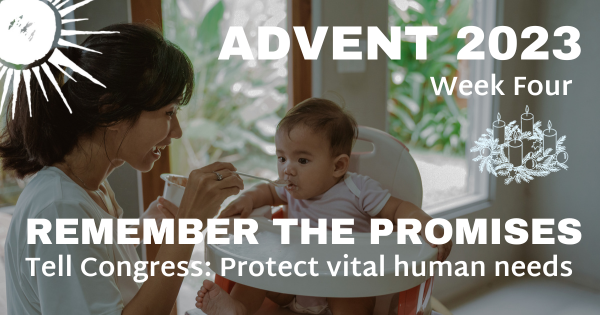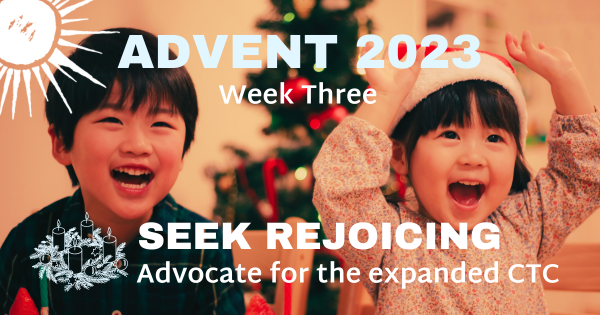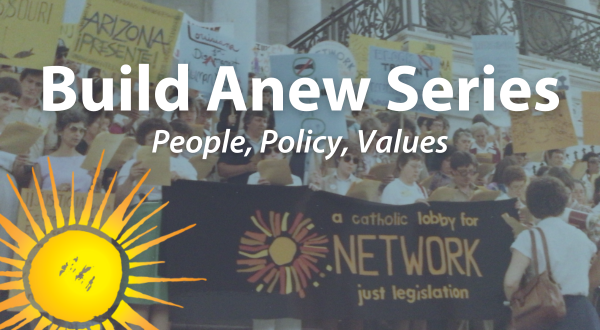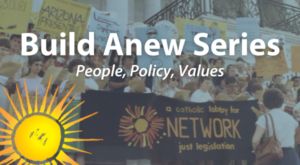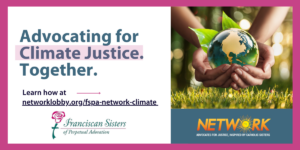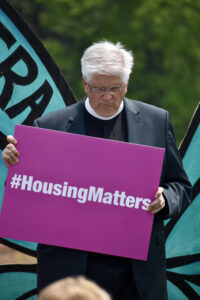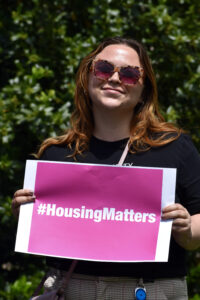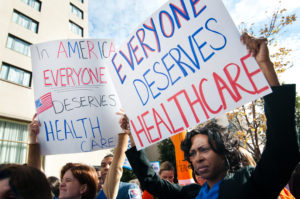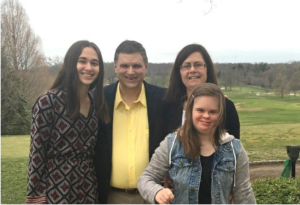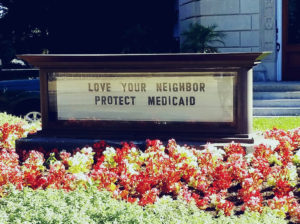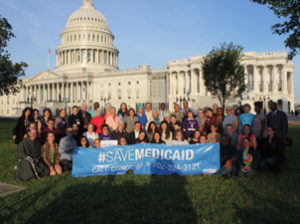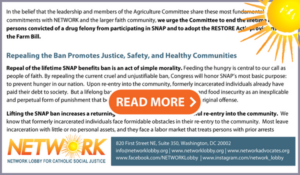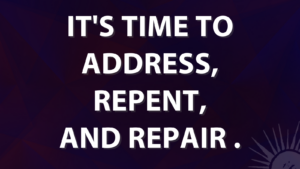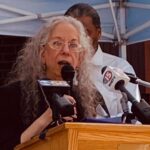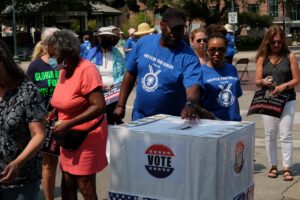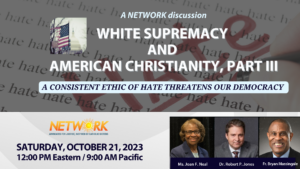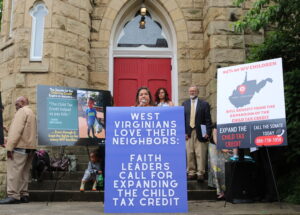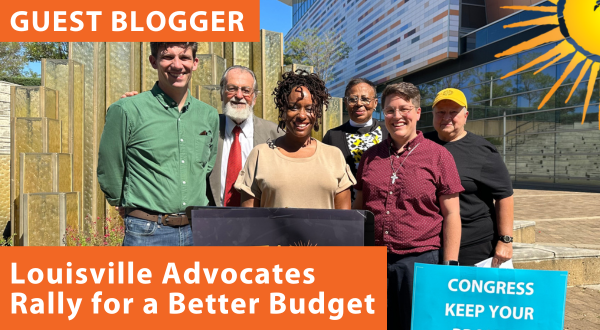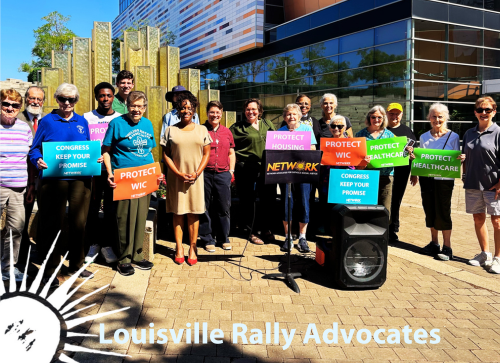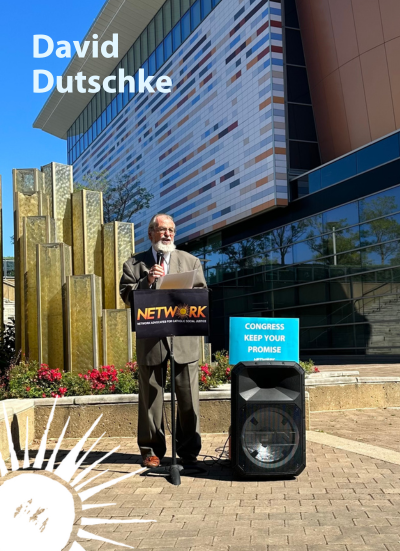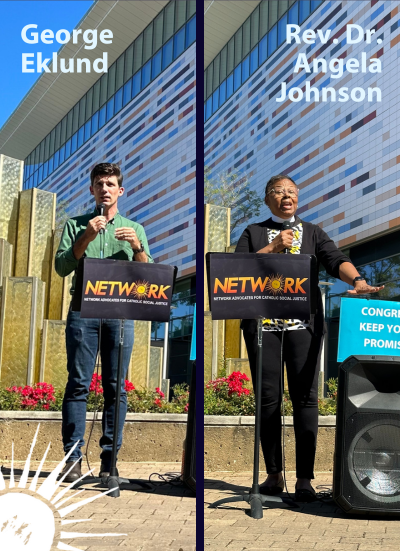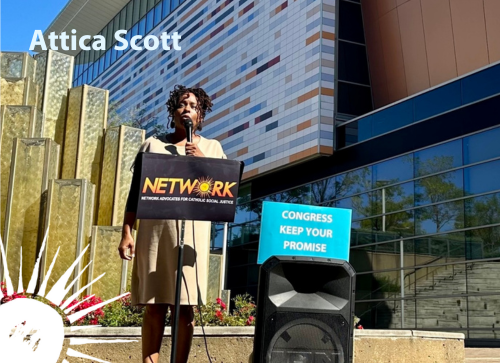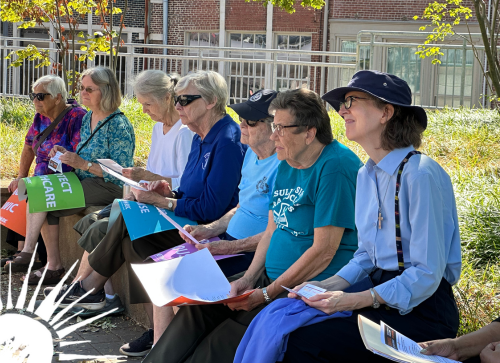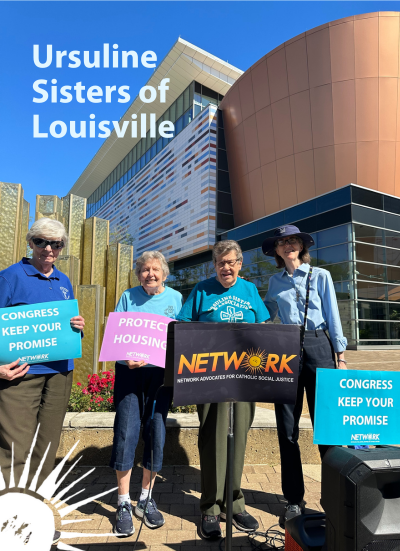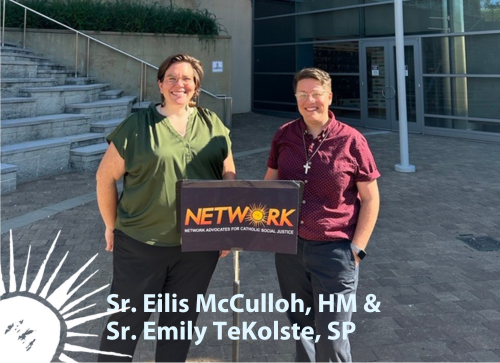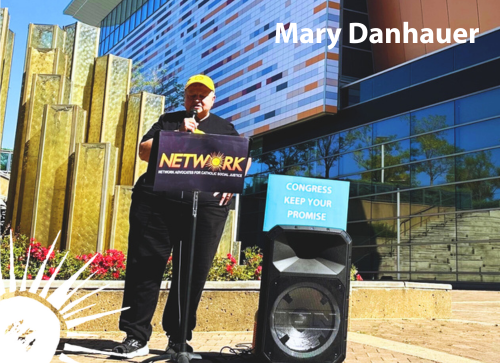2023 Congressional Voting Record
At the start of each new year, NETWORK compiles an assessment of Congress’s voting record. The 2023 Voting Record is our Government Relations Team’s evaluation of Members of Congress based on the votes they cast to advance just policy in the U.S. The first session of the 118th Congress stands out as a year of abject legislative failure. It was a year of squandered opportunity, petty infighting, and deep frustration. The norms of the system — civility and goodwill at minimum to members of one’s own party — have vanished. The problem did not start this year; rather, institutional norms have slowly eroded dating back to the speakership of Newt Gingrich and the government shutdowns of 1995 and 1996. The Trump administration accelerated this decay in Washington leading directly to the insurrection of January 6 and an attempted overthrow of the 2020 election.
Congress, due to inaction in the House, has pushed all decisions on major legislation into 2024, making this the most non-productive, dysfunctional Congress in the modern era. The House of Representatives completely failed in their responsibility to the American people. As always, the high cost of inaction falls hardest on the most vulnerable among us.
100% Voters
Senators who voted with NETWORK 100% of the time.
CA Feinstein, Butler
CT Murphy
DE Carper
GA Warnock
HI Hirono
IL Duckworth, Durbin
MD Cardin, Van Hollen
NJ Booker
RI Reed, Whitehouse
VT Leahy
To see the list of House of Representatives with 100% records, please download the 2023 Voting Record.







